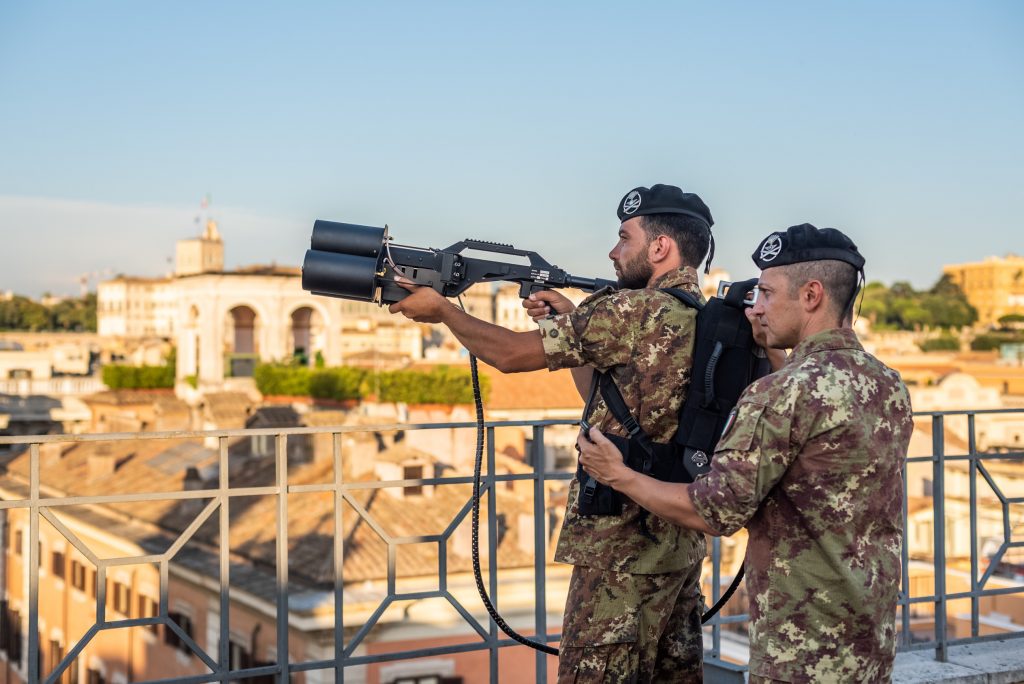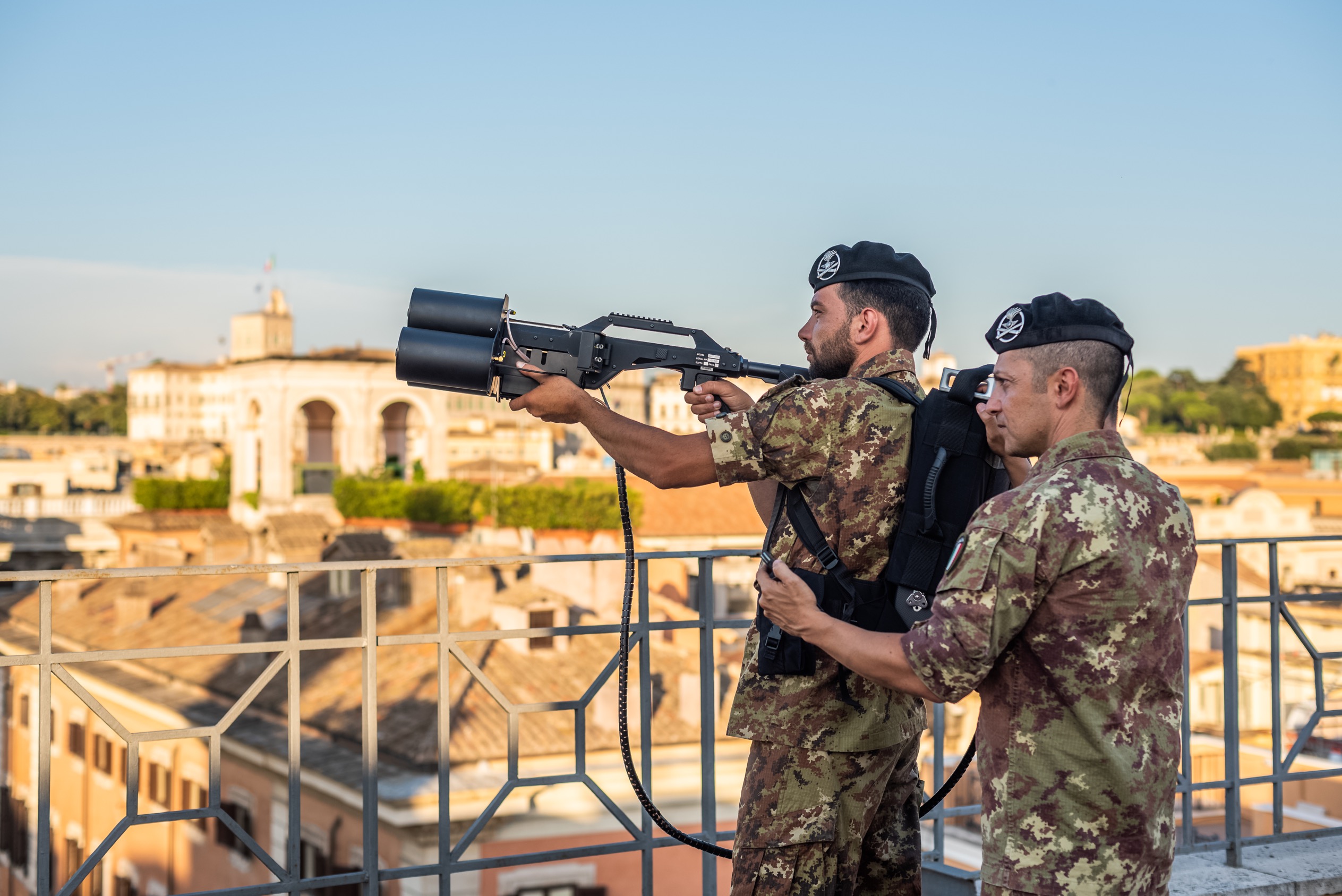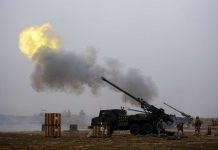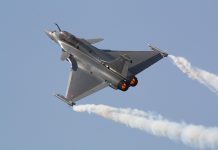
The Israeli government has approved export licenses for possible sales to Ukraine. It is about Israeli jamming systems targeting Iranian Shahed drones. The Russian military makes extensive use of shady UAVs. Axios reported the possible sale, citing anonymous Israeli and Ukrainian officials.
As previously stated, this is a change in Israel’s policy towards Ukraine. Israeli authorities continue to refuse to provide lethal weapons to Kyiv.
Tel Aviv has a compelling reason to refuse to transfer arms to Ukraine. It is its reluctance to sour relations with Russia as a result of Israel’s actions in Syria. Moscow still wields considerable power in Syria. However, Russia continues to tolerate Israeli military operations in the country.
Because these systems are defensive in nature, the approval of the license to export anti-drone systems does not imply a change in our policy. Their use does not involve firing, which could injure Russian soldiers, according to an Israeli official quoted by Axios.
The export licenses were approved by Israeli Defense Minister Yoav Galant and Israeli Foreign Minister Eli Cohen in mid-February, during a review of the country’s policy towards the Ukraine war ordered by Prime Minister Benjamin Netanyahu. Cohen informed Ukrainian President Volodymyr Zelensky of this decision during a visit to Kyiv on February 16.
Licenses have been granted to two Israeli companies, Elbit and Rafael, which manufacture anti-drone systems. A delegation from the Ukrainian Ministry of Defense recently visited Israel on this subject, but a bilateral sale agreement has yet to be signed, according to the website.
According to Axios, the Israeli systems, which have a range of about 40 kilometers, use electronic warfare techniques to jam and shoot down enemy UAVs. They can be built near power plants or other critical infrastructure.
Field trials in Ukraine
According to the American portal, Israeli officials admitted in informal conversations that one of the reasons Tel Aviv approved the licenses was to test how Israeli defense systems cope with countering Iranian drones.
Russia began purchasing kamikaze drones from Iran in August 2022, and their widespread use on the battlefield in Ukraine began in September. Unmanned aerial vehicles, primarily Shahed-136 machines, are used to strike civilian and critical infrastructure targets across almost the entire country. The Iranian government has consistently denied supplying Moscow with drones.





